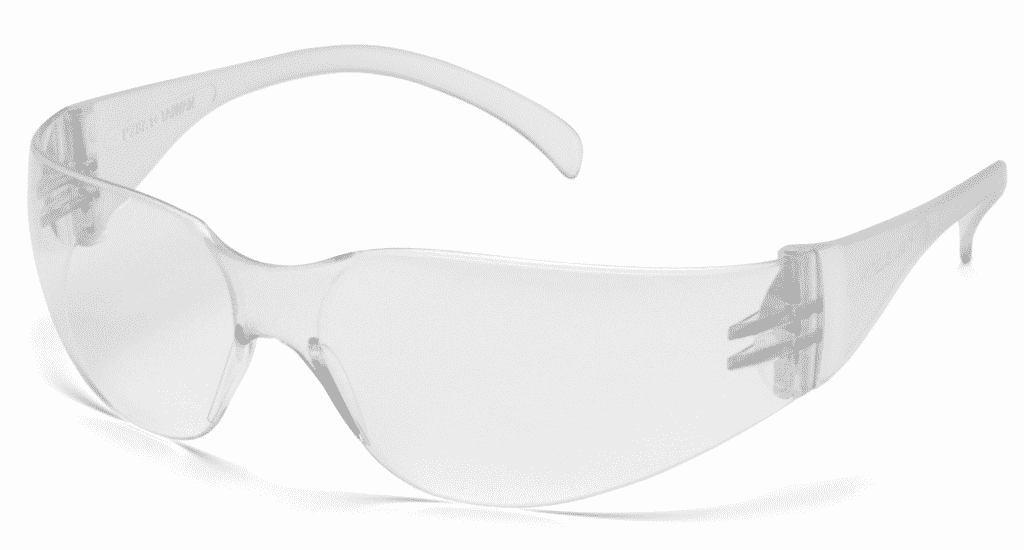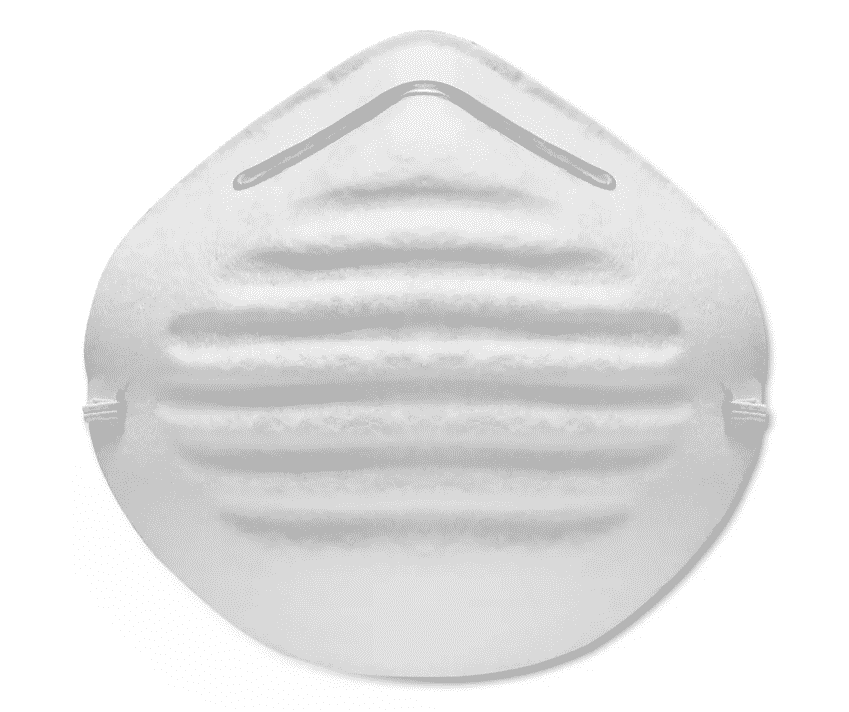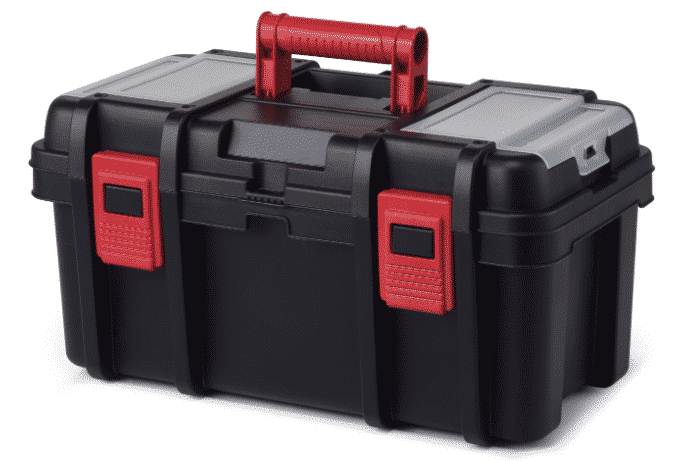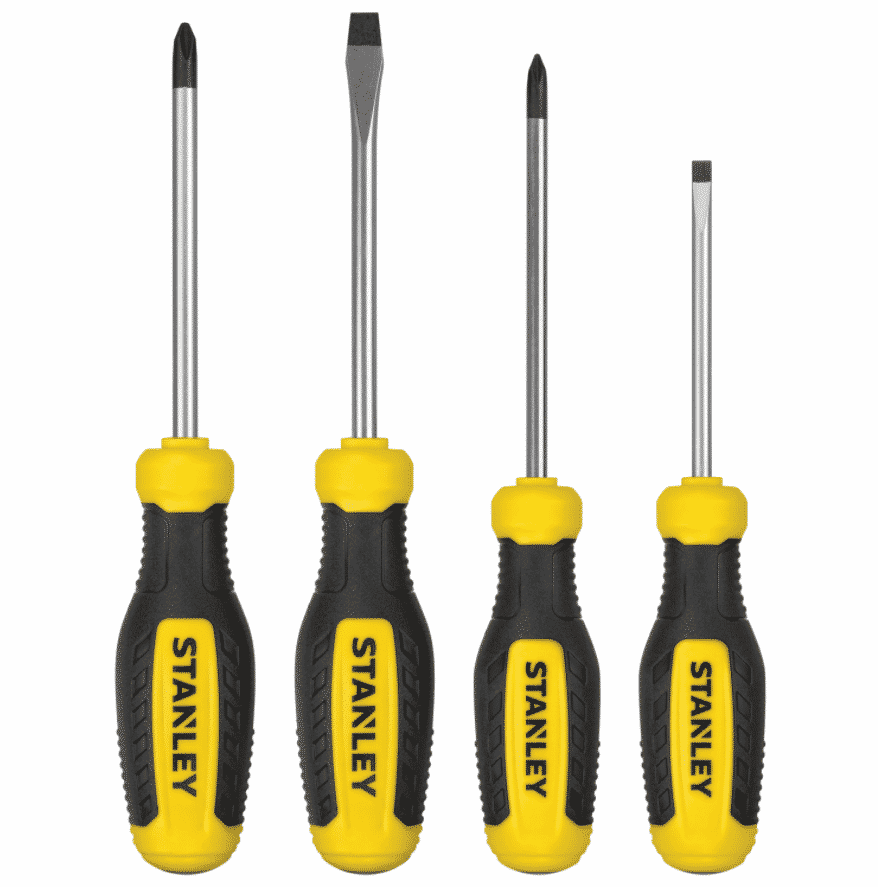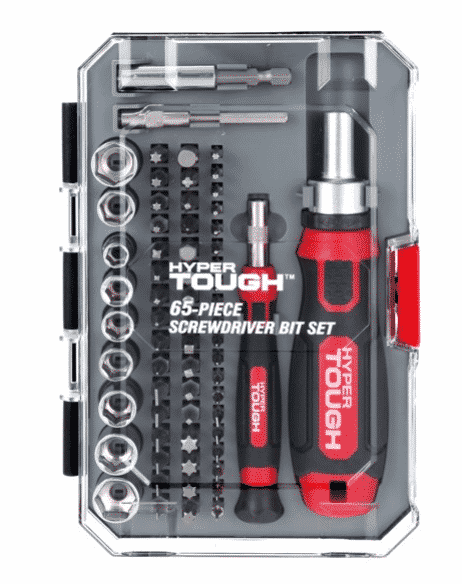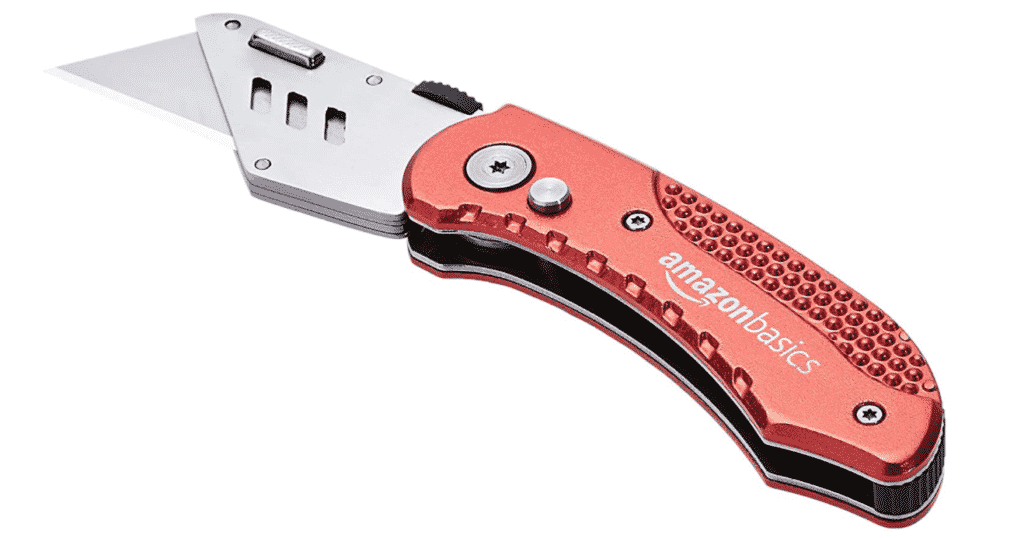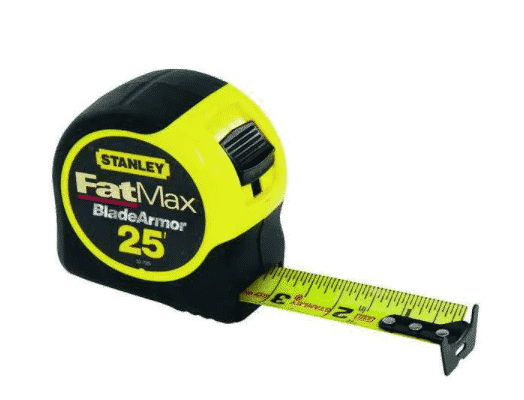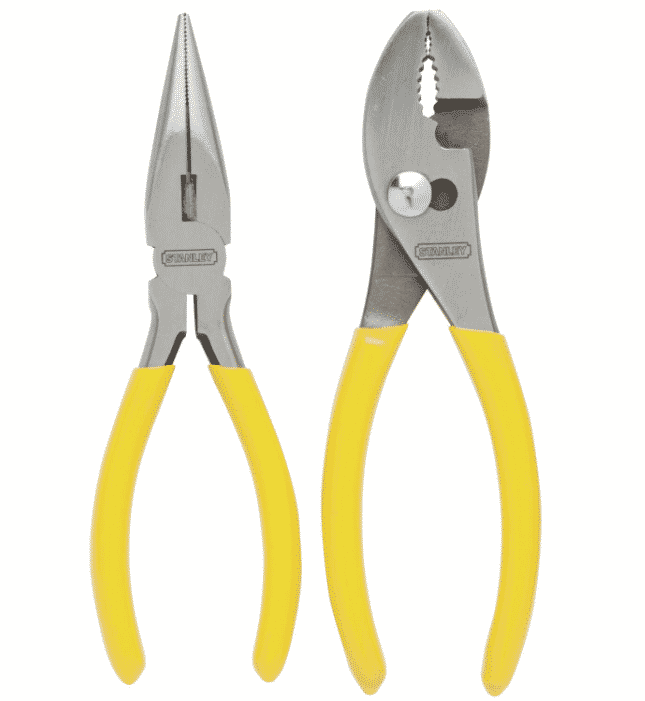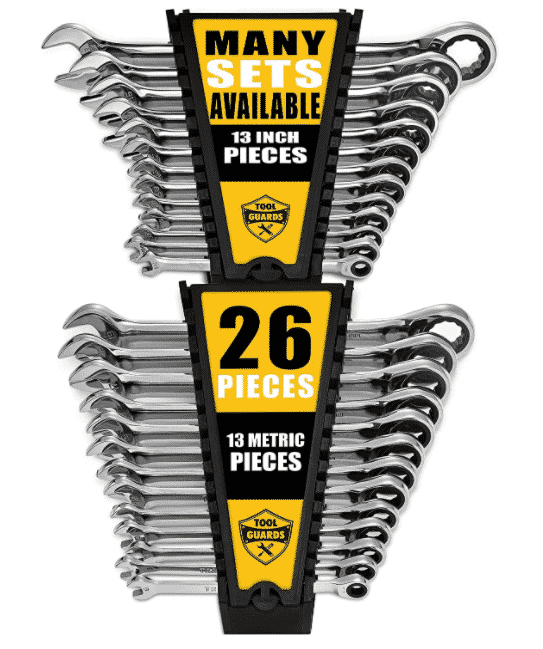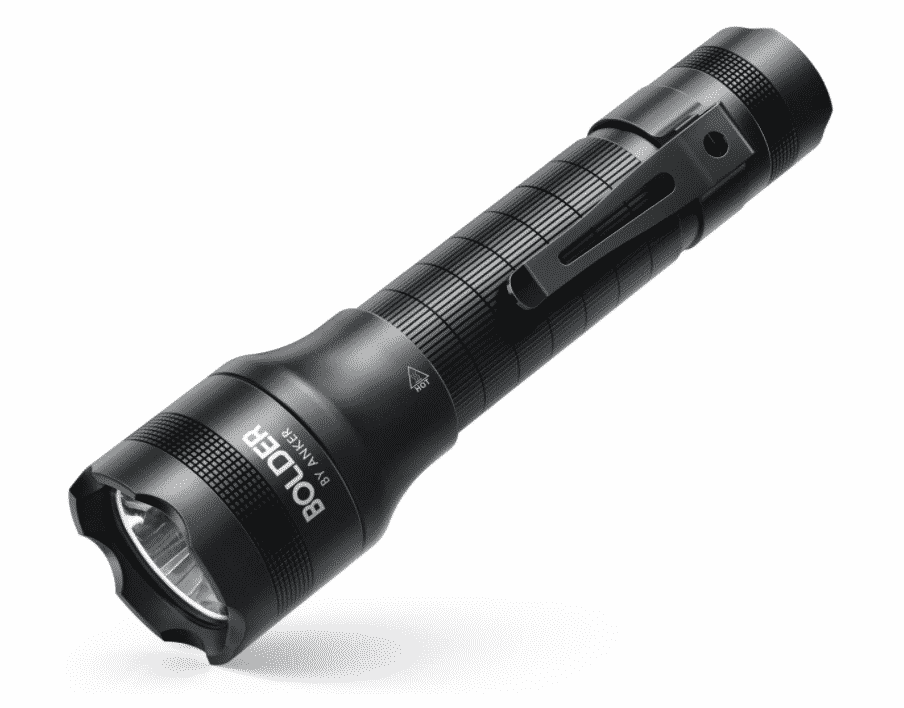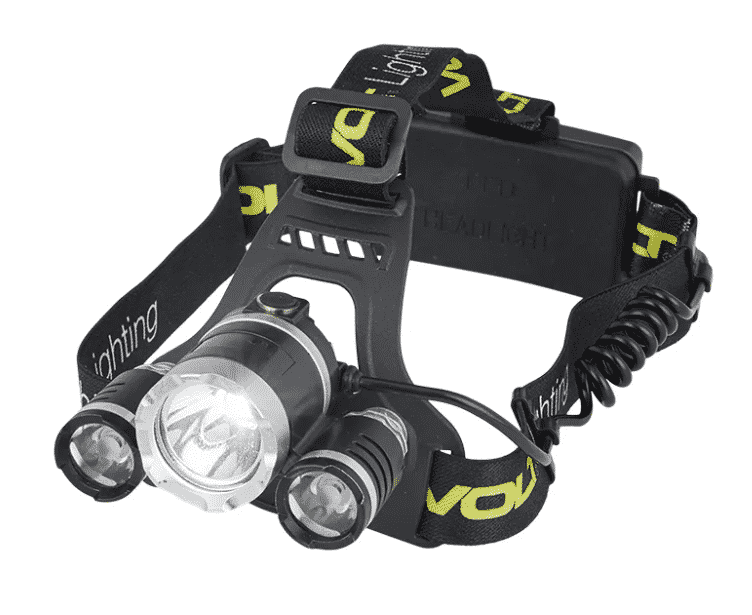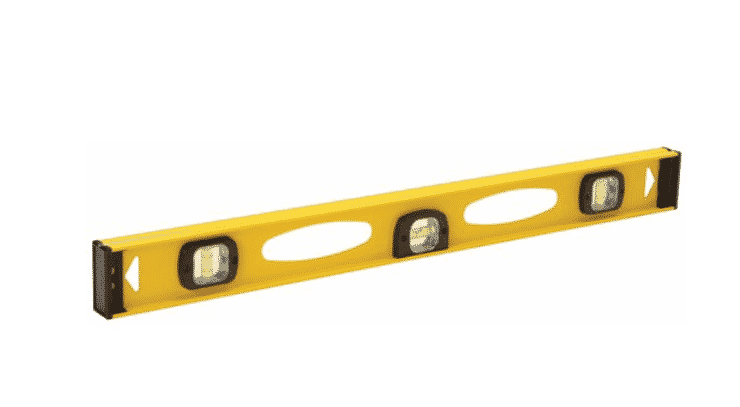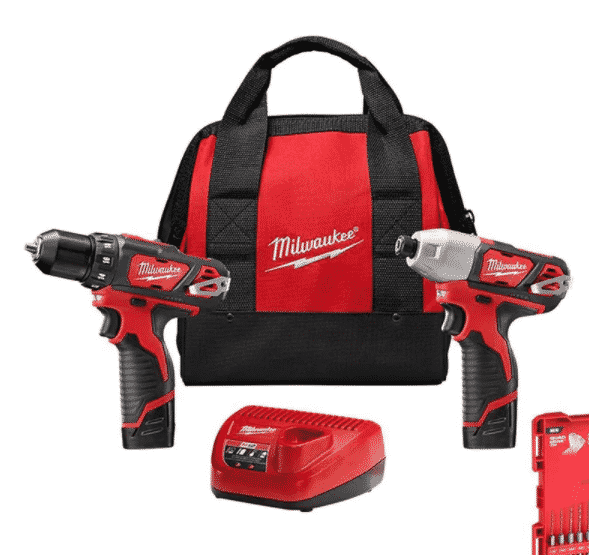Congratulations on your new home purchase! This is a very exciting time that I remember very vividly. You are bound to want to renovate portions of the home, and you will find yourself needing to do maintenance and repairs. We have compiled a list of a few tools that we feel will help you navigate those initial home improvements, DIY projects, and repairs.
Safety
Please make sure you seek guidance and training using the tools listed here, or that you see elsewhere while shopping. If you are not comfortable working in/around certain aspects of your home (like electrical) leave that to an outside expert. Each year more than 160,000 Americans die as a result of an accident, making accidents the third biggest cause of death in the country (unintentional household accidents make up 75% of these accidents). Please be careful and educate yourself on how to keep yourself and your family safe.
Family Handyman Whole House Repair Guide -2021 edition is a great place to start. I have read a former edition of this series and the text covers step by step instructions for numerous home repairs (inclusive of very specific steps to ensure safety). Pick up a copy for yourself or as a housewarming gift HERE. I don’t get a kick back, it’s a great book.
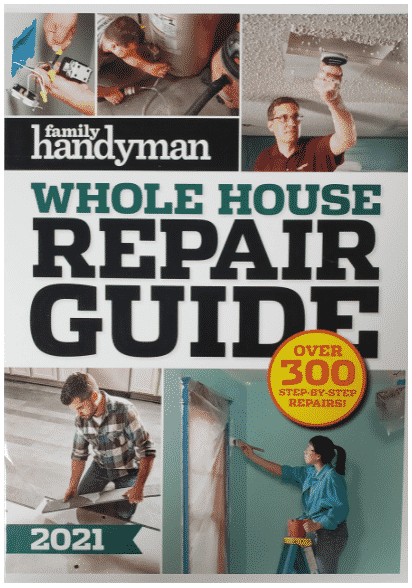
The next safety necessity for your kit is a good pair of safety glasses. This is arguably the most important tool in the tool kit, and possibly among the cheapest to acquire. Your eyes are very delicate body parts, and can be injured in many ways during remodeling or tool use. These can protect you from irritation from floating particles, or impact from flying debris. Any activities using circular or table saws must be done wearing eye protection, and models that more adequately seal to your face should be used if floating particulate is expected. There is a reason that most construction sites require workers to maintain eye protection, and so should you. Try to fight the urge to toss these in your toolbox, as when they get scuffed up the visibility when using them declines. Poor visibility may be enough to discourage you from use (which you cannot let happen). Consider placing them in a cloth pouch or an old sock.
Another safety item that should be on-hand in your kit are a few dust masks, like THESE. These are not rated or intended to be used around known contaminants like mold or asbestos, but are perfectly suited to keep insulation particles and debris from being inhaled.
A tool kit should have at least one set of general purpose gloves, to protect your hands.
Tool Box
As you assemble your initial kit, you’ll need a place to keep them all. If you don’t have tool chests or cabinets, you should invest in a tool box. If you have an unused fishing tackle box, this may get you by with a smaller amount of tools.
A screwdriver set is an absolute must for any tool kit. This set will come in handy for all kinds of reasons around the house, and very few home repairs or renovations don’t require a screwdriver of one kind or another. Make sure your set has Phillips head and Flat head options included. A small kit with replaceable bits may be the best bang-for-the-buck here, as you can get more obscure tips (like a heightened range of bit sizes for Phillips/Flat, as well as star bits, and allen wrench bits).
A good utility knife or a set of disposal box cutters should be considered. You don’t want to have to open your packages with your steak knives, and come in handy for all kinds of miscellaneous cutting needed around a house. If you use a utility knife, grab a set of replacement blades since they wear out over time.
The next tool needed is a decent hammer. I would opt for a standard sized hammer, unless you have difficulty controlling the size/weight. In the end, it must feel comfortable enough for you to manage to be of use so try a few out to see what works best. Standard hammers have a curved claw, while demolition hammers have a straight claw. The straight claw becomes more useful when trying to break apart and remove items (demolition).
You will only go so long without having access to a measuring tape. The saying “measure twice, cut once” is one you will never forget once you cut a section too short and end up needing to go back to the store to buy more wood. I recommend you opt for a decent tape measure that stands on its own (unsupported) for at least 5 to 7 feet, in case you end up needing to measure areas of your home unassisted. A 25’ long tape is usually good for most homeowners, and a locking version is preferred.
A set of pliers will quickly be your tool of choice for many things around the house. A decent set of pliers can be used anytime you have an odd-shaped nut or tight space where you cannot fit other or more conventional tools. A set of needle nose pliers will help when dealing with very tight access conditions or smaller components, like electrical. Whereas general purpose material handling and tightening can be done with standard pliers.
A decent set of wrenches or an adjustable wrench will help you tackle those DIY projects. When using the pliers above on standard size nuts, you run the risk of stripping the nut and losing the ability to tighten/loosen them into the future. To mitigate costs or space within the kit, consider the adjustable option. If you do mechanic work on your cars or envision doing a bunch of home improvements, a full wrench set is worth the investment. Like other things, you’ll need to pick up a SAE and Metric set. Maybe one day the US will adapt to the sizing standards of the rest of the world….
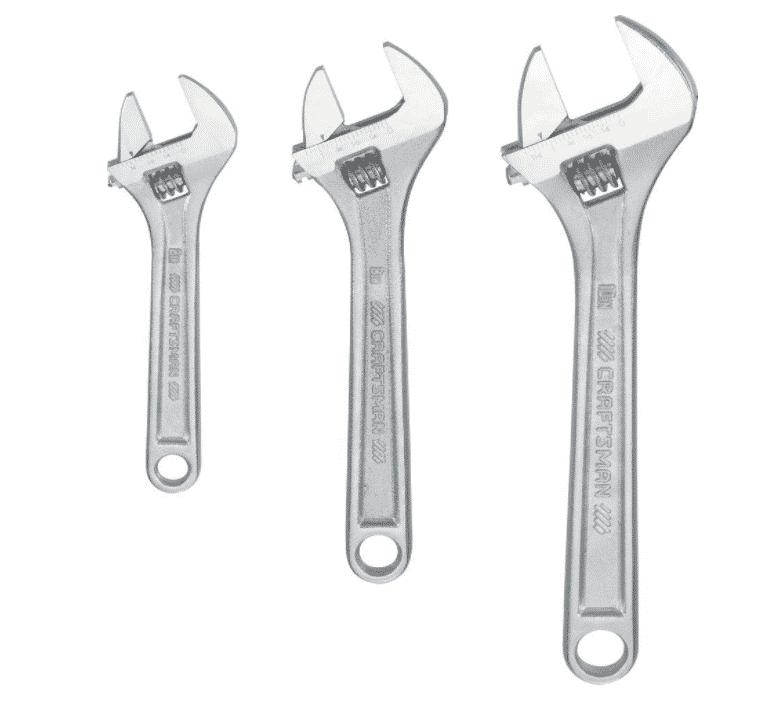
A headlamp and/or flashlight should be included. The headlamp is great to access the attic or crawlspace and stay hands-free, while the flashlight can be used in these situations and any others that require illumination. Consider getting a conventional flashlight and an area flood light to help illuminate work areas. THIS is a great and cost effective option for the flood light.
A decent multi-position ladder comes in handy around your new home. If you don’t have a built-in attic ladder, this may be more necessary than you think. The multi-position model can also be used as an extension ladder (and some may be able to bend into a scaffold). Make sure you are careful and study how the ladder locks into place. Injuries or worse can happen if one give out when you are using them. Also, survey the area and make sure you are not putting yourself close to other dangers (like power lines or near falling debris). For use inside, make sure you get one that can do an A-frame configuration, as you will typically not have walls or surfaces to lean the ladder against without causing damage.
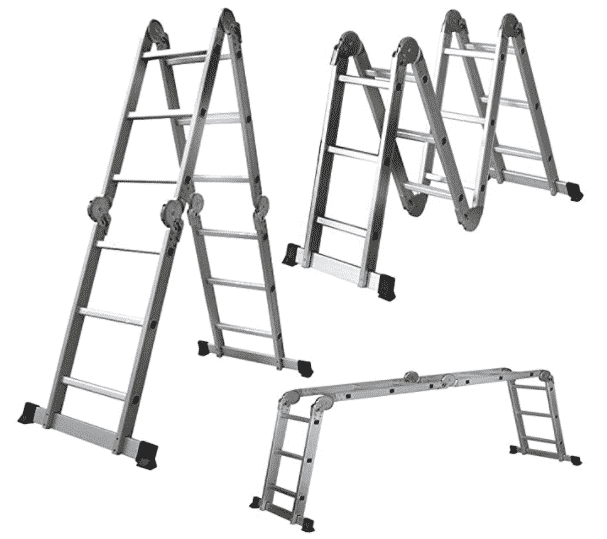
A bubble level will ensure that your pictures are hung straight, and the TV on the wall doesn’t come up crooked. There are some phone apps that may help you get by without this, and some wall mount kits come with a small/cheap bubble level. Consider adding one if you don’t already have one in your kit.
If you have the above items and want to take your tools to the next level, consider adding a powerful cordless drill. Depending on the work you do, you may want to consider a driver/impact driver combination. The drivers will typically have a keyless chuck to allow you to use drill bits or screwdriver bits. The impact driver will help you screw longer screws into more dense wood/materials. These lightweight tools will have that 3,000 piece IKEA chair assembled in NO TIME! Seriously, how do they break things up into so many pieces?!
These tools at your disposal, and your new found knowledge of all things HOME REPAIR will get you through your initial home ownership. If you think of items that should have been considered for this list, please comment below!

